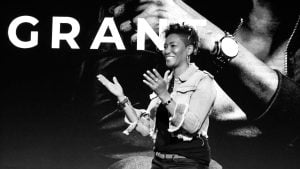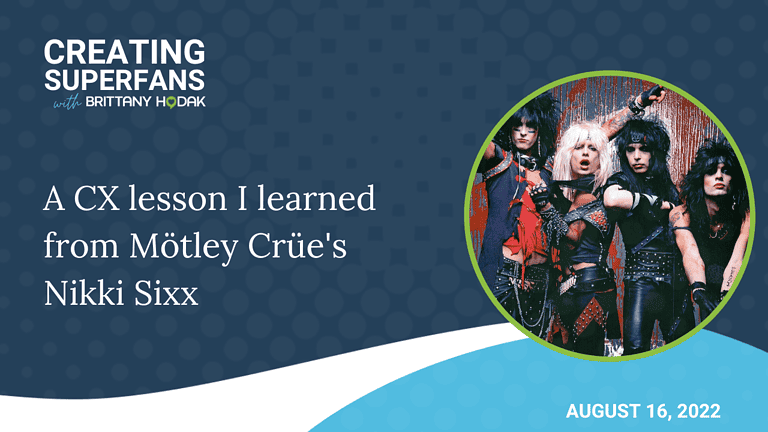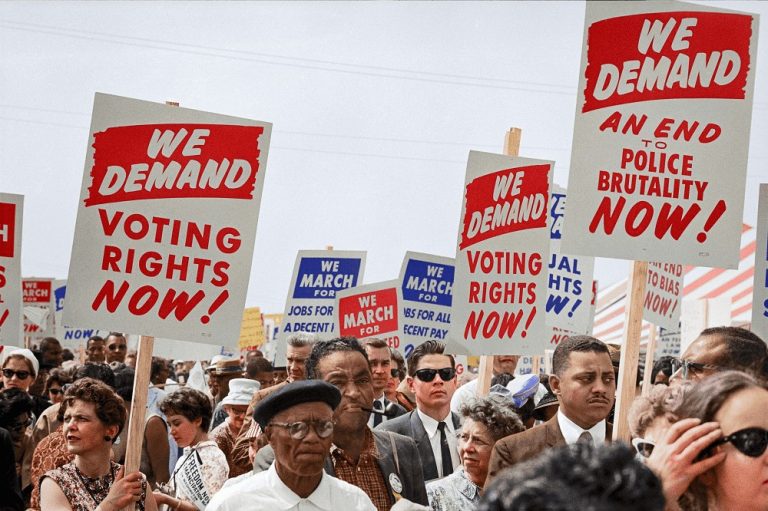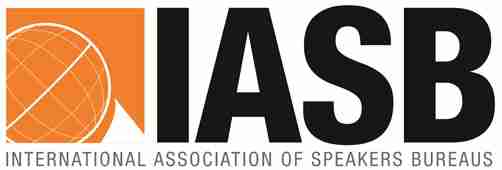- Author: Risha Grant
- Word Count: 1061
Read the news article
Diversity training is valuable for increasing inclusion and fostering a more positive work environment. But not all diversity training is created equal. In order to be effective, diversity training should include certain key elements that can benefit your participants and your organization as a whole.
For example, many organizations focus exclusively on race or ethnicity when discussing workplace diversity. However, true diversity encompasses a much broader range of characteristics, including but not limited to race, ethnicity, gender, sexuality, religion, and ability.
Additionally, many organizations make the mistake of thinking that Effective Diversity Training is a one-time event. However, for diversity training to be truly effective, it should be ongoing and embedded into the fabric of the organization.
Finally, organizations should not use diversity training to avoid addressing issues of racism, sexism, homophobia and other forms of bigotry. It is important to create a safe space for employees to discuss these issues openly and without fear of retribution.
5 Key Traits of Effective Diversity Training
Here are our top five traits of effective diversity training.
1. Diversity Training Should Be Engaging
Effective Diversity Training can be a sensitive subject, but that’s no reason to avoid it. In fact, the more engaging and interactive the training is, the better. Participants need to feel comfortable discussing their differences and similarities, so they’ll have a deeper understanding of each other and themselves.
An engaging format will also help hold participants’ attention and ensure they’re actually taking in the material. A Effective Diversity Training program will use a variety of exercises, examples and discussions to keep participants engaged. If you want people to pay attention, you need to make sure the material is interesting and relevant to them. Otherwise, they’re just going to tune you out.
These sessions shouldn’t be just some boring check on a to-do list where employees are told what to think or do. Engaging sessions help employees feel like they’re part of the process, not just observers. This helps build buy-in from them; they understand the importance of what they’re learning because they’ve participated in its creation. Employee engagement also assists them in retaining information and putting it into practice. Plus, it’s just more fun that way.
Also, when companies ensure training includes how each of us has been on the receiving end of unconscious bias as well as a perpetrator of it, they provide each person with an opportunity to understand why learning about unconscious bias matters to their experience.
2. Diversity Training Should Be Relevant to Your Company’s Culture and Values
An effective DEI learning program should reflect your company’s values and how they influence every aspect of your business. For instance, if you promote teamwork but no one ever works together because departments are siloed and interaction between teams is never encouraged or facilitated, you’re not going to get very far.
The same is true for diversity and inclusion training which should be relevant to your company’s mission statement or core values if it’s going to be effective. If you work for an organization that focuses on helping vulnerable populations, then your employees should feel inclined to participate in training that directly relates to those populations.
If your organization is global, the training should cover how to navigate being open and respectful to varying ways of doing business, learning different cultural norms, and being flexible with different standards for interaction. This way, everyone is on the same page and working together with empathy and openness to achieve shared objectives.
It’s important that employees feel like they can relate to the Effective Diversity Training and see how it applies to their work. If they can’t, then it’s likely that they’ll dismiss the material as unnecessary to their experience.
3. A Skilled Professional Should Facilitate Diversity & Inclusion Training
Effective Diversity Training should always be facilitated by a skilled and experienced professional who understands the dynamics of diversity. The facilitator will help create a safe and open environment for employees to understand sensitive topics and help them identify and address potential conflict areas.
Organizations that value diversity will want to ensure their facilitator is able to help employees feel comfortable discussing controversial topics and is familiar with the diverse backgrounds of the employees.
A Diversity, Equity and Inclusion speaker can utilize a corporate event to galvanize your employees to see the value in DEI. However, if your business does not have a diversity & inclusion expert in the budget, there are programs available that provide access to the expertise of these DEI thought leaders. Human Resources professionals can use tools such as online DEI educational products or virtual events to fit the unique needs of their company.
4. Effective Diversity Training Should Be Updated Regularly
Effective Diversity Training should be updated on a regular basis to keep up with the changes in both the workforce and society as a whole. Additionally, organizations should provide employees with ongoing training to keep the message fresh.
These updates are essential because they help keep organizations current with legal developments. Equally important, updated materials equip employees with the most current information necessary to navigate their daily lives with kindness and awareness.
Ultimately, staying up-to-date shows employees that their organization is genuinely invested in creating a respectful and welcoming workplace for everyone.
5. Diversity Training Should Produce Tangible Results
Effective Diversity Training can be beneficial for both employees and businesses as part of a diversity initiative. Employees may feel more comfortable learning about and discussing diversity-related topics and companies may see increased productivity as well as creativity.
One way to measure the success of your organization’s workplace diversity training is to conduct pre- and post-training surveys. These surveys can ask employees about their level of comfort discussing diversity topics, their understanding of company policies related to diversity and their perceptions of the workplace climate. The results of these surveys can help you gauge the effectiveness of your diversity training and make necessary adjustments to ensure that it meets the needs of your employees and your business.
But let’s be real, the only way to really know if your Effective Diversity Training is effective is to see if it’s actually bringing about tangible results.
READ THE FULL ARTICLE: https://learnwithrishagrant.com/5-key-traits-of-effective-diversity-training/
Contact us at Speakers Inc and view WeSpeak Global
Further articles you may enjoy:
- (14)
The Role of a Virtual Emcee, a guide is the one steering you on the right course – a firm hand halting you from treading where you shouldn’t, and it’s the instructions researched and tested to provide you with the best results too. Therefore, a guide is also intrinsically necessary for the optimization of an […]
- January 3, 2023
- (12)
I’m coming to you from 30,000 feet, on my way to join my friend Jeff Glover for the Live Unreal Retreat in Traverse City, Michigan. I can’t wait to see some familiar faces and meet more amazing real estate agents after my Customer lesson learned. You know when someone references how long ago something happened […]
- December 22, 2022
- (23)
Hi, I’m Zion Clark. My journey has been filled with challenges that have tested my limits physically, mentally, and emotionally to Building Unbreakable Mental Strength to Overcome Life’s Challenges . One thing I’ve learned through it all is that mental strength is what separates those who give up from those who keep pushing forward, no matter […]
- November 3, 2024
- (14)
Can a Business Learn from a Keynote Sales Speaker in today’s competitive business environment, staying ahead of market trends and customer behavior is no longer optional it’s essential. That’s where a keynote sales speaker can become a game-changer for your organization. These professionals don’t just inspire they deliver real-world strategies, tested insights, and powerful motivation […]
- November 19, 2025
- (15)
Celebrating African American History Month: A Spotlight on Black Keynote Speakers and Their Impact February is a month dedicated to honoring the rich heritage, achievements, and contributions of African Americans. African American History Month, also known as Black History Month, serves as a poignant reminder of the struggles, triumphs, and resilience of the African American […]
- January 31, 2024
- (5)
Embracing Digital Leadership: The Journey of Erik Qualman, aka “Equalman” Erik Qualman, widely recognized as “Equalman,” stands as a beacon of digital leadership and transformation. His work, which spans keynote speaking, bestselling authorship, and digital expertise, has profoundly influenced the realms of social media and digital transformation. Equalman’s journey is a testament to the power […]
- July 12, 2024
- (4)
The Ultimate Guide to Speaker Bookings in the West End Entertainment in Los Angeles Introduction: Los Angeles, a city renowned for its glitz and glamour, is not only the entertainment capital of the world but also a hub for West End Entertainment in Los Angeles-style performances that captivate audiences with their mesmerizing productions. In this […]
- January 8, 2024
- (14)
Heading to Dallas from Kansas City recently, I heard the familiar tone of the voice over the intercom start up and to Self Care When Burned: “Ladies and Gentlemen, we’ve got a full flight to Dallas today…” Travel is BACK and flights are almost always full again, so I couldn’t be surprised by what came […]
- February 28, 2023
No results available











